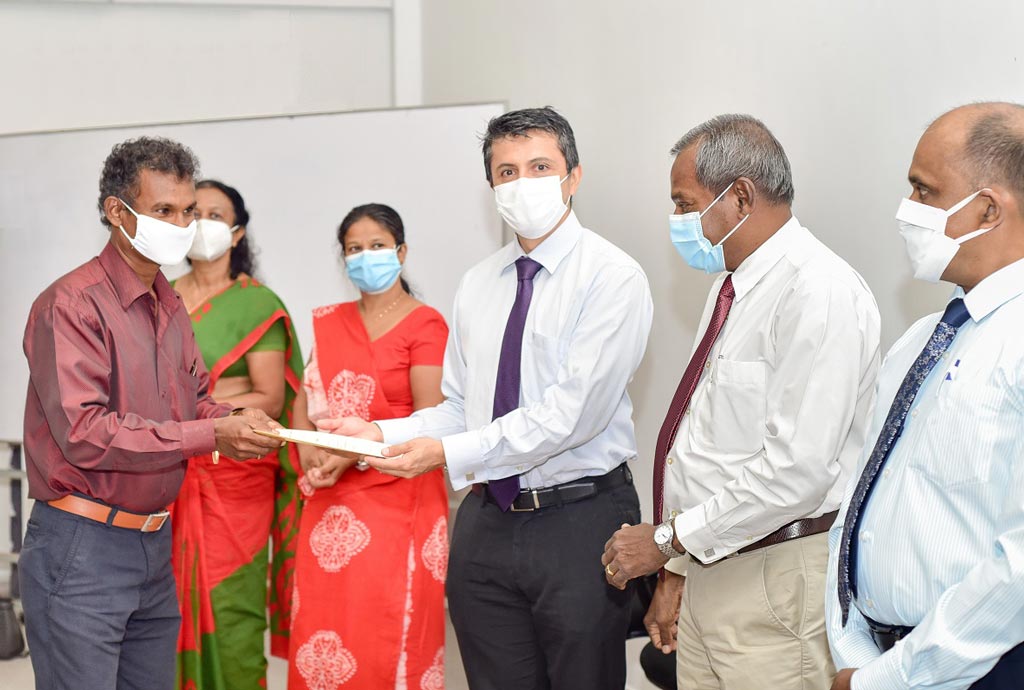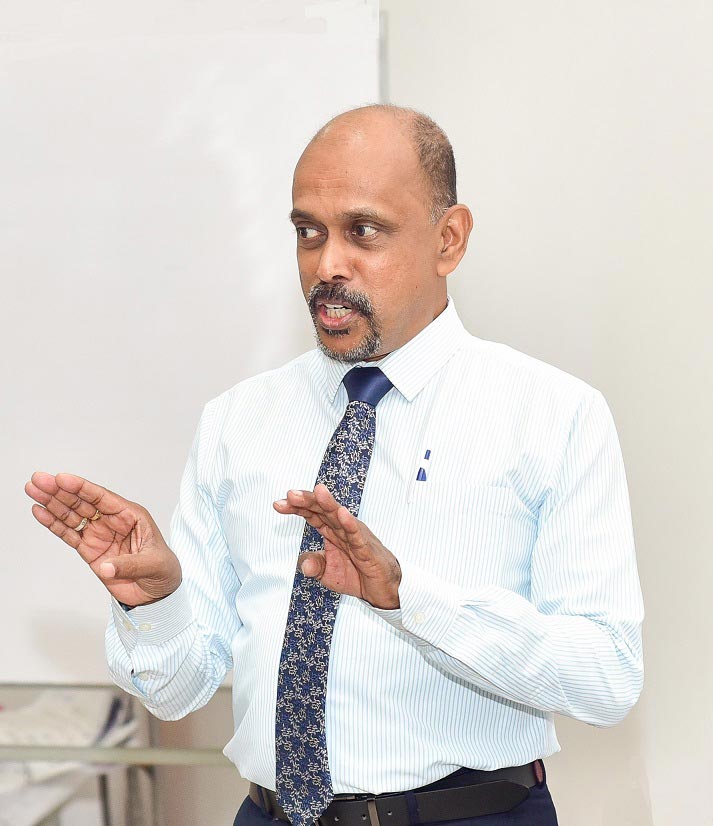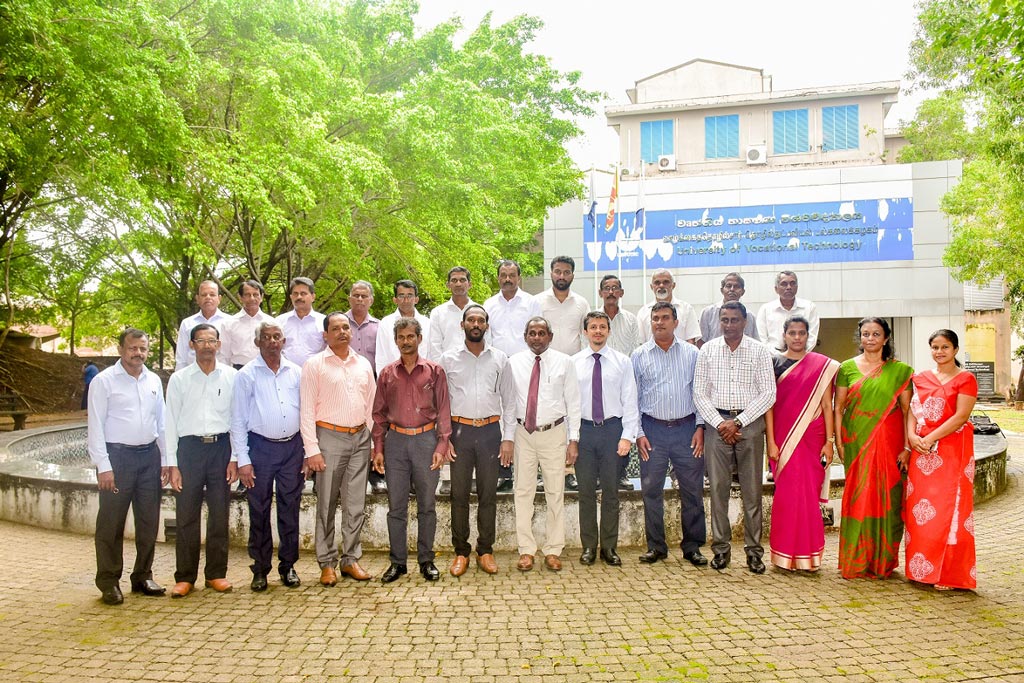
EU – SRI LANKA TRADE-RELATED ASSISTANCE
International market demand for Ceylon Cinnamon continues to outpace available supply. Thus, a felt need of the spice industry, particularly plantation owners and supplier of raw cinnamon, is to qualify labourers as cinnamon harvesting and processing technicians. The Cinnamon Training Academy (CTA), in partnership with the University of Vocational Technology (UNIVOTEC), recently completed a 10-day training-of-trainers (TOT) programme for the cinnamon industry. The TOT series, which was inaugurated by Mr. Sudath Liyanage, the Dean of the Faculty of Education of UNIVOTEC and Mr. Sarada de Silva, Chairperson of CTA, aims to increase the supply of qualified cinnamon technicians in the country, thereby contributing to increasing the quality and quantity of Sri Lanka-originating Ceylon Cinnamon that meet quality requirements demanded by the export market. Mr. de Silva thanked the European Union (EU) and the United Nations Industrial Development Organization (UNIDO) for their financial and programmatic support, respectively, to capacitate the CTA in becoming a full-fledged training facility for the cinnamon industry.

The training commenced on 4 March 2020 and concluded with the certificate awarding ceremony on 22 September 2020. 20 individuals from various parts of the Island received the qualification to deliver trainings up to Level 4 within the National Vocational Qualification (NVQ) framework, which is an internationally recognized vocational certification framework. NVQ-certified technicians would be regarded as competent to fulfil requirements of the labour market for cinnamon harvesting and processing.
With export sales of USD 176 mn last year, cinnamon is Sri Lanka’s highest grossing spice and one of the leading foreign exchange earners. Sri Lanka’s cinnamon output also reflects the largest share in the world market. Ceylon Cinnamon, in particular, possesses distinctive taste and aroma, setting it apart from other products in its category like cassia, which has a far higher content of courmarin, a compound that is shown to be toxic to the liver and kidneys and is also carcinogenic.

The CTA was established in 2016 as a result of a public-private partnership between the United Nations Industrial Development Organization (UNIDO), the World Trade Organization’s (WTO) Standards and Trade Development Facility (STDF), and the Spice Council (TSC) of Sri Lanka and supported by the Government of Sri Lanka through the Sri Lanka Export Development Board (SLEDB). Within the framework of the EU-Sri Lanka Trade-Related Assistance project funded by the EU and implemented by UNIDO, the CTA was accredited by the Tertiary and Vocational Education Commission to award NVQ certification for cinnamon field and factory operations up to Level 4.
The training harmonizes cinnamon harvesting and processing practices under a common framework, particularly the rules of production, control procedures, and cueing quality. As tea plantations are converted to cinnamon plantations in view of increasing market demand, the CTA has trained, to date, upwards of 750 persons, the majority of whom are now certified as cinnamon field operators to NVQ level 3.



